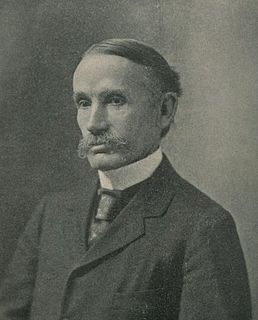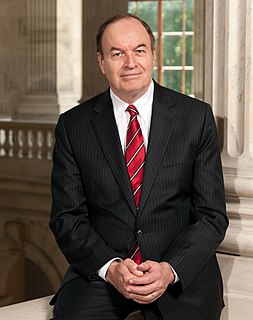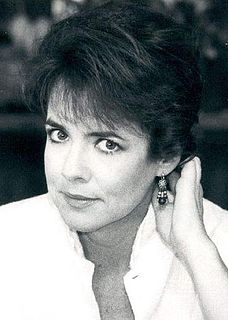A Quote by Robert Bork
Being 'at the mercy of legislative majorities' is merely another way of describing the basic American plan: representative democracy.
Quote Topics
Related Quotes
Majorities can be wrong, majorities can overrule rights of minorities. If majorities ruled, we could still have slavery. 80% of the population once enslaved 20% of the population. While run by majority rule that is ok. That is very flawed notion of what democracy is. Democracy has to take into account several things - proportionate requirements of people, not just needs of the majority, but also needs of the minority. Majority, especially in societies where the media manipulates public opinion, can be totally wrong and evil. People have to act according to conscience and not by majority vote.
Let’s not forget that American democracy started with ‘We the People’ agreeing to work hard to create ‘a more perfect union.’ We’ve lost the idea that politics begins at home with what happens in families, in neighborhoods, in classrooms, in congregations. We called this democracy into being – and if we want to call this democracy back to its highest values, it’s got to be the us doing that calling. That’s not going to happen if ‘We the People’ don’t know how to talk to one another with civility and hold our differences in a creative, life-giving way.
When we talk about Cuban democracy we are referring to participatory democracy which is big difference with representative bourgeois democracy. Our is a democracy in which everything is consulted with the people; it is a democracy in which every aspect and important decision that has an impact in the life and society of the people, is done in consultation.
The American founding is not just about a group of people, a group of men. It is about an ideal: Both a vision and understanding of the very essence of democracy, constitutional government, a representative republic, and the remarkably powerful concept of being endowed by our Creator with certain unalienable rights.



































